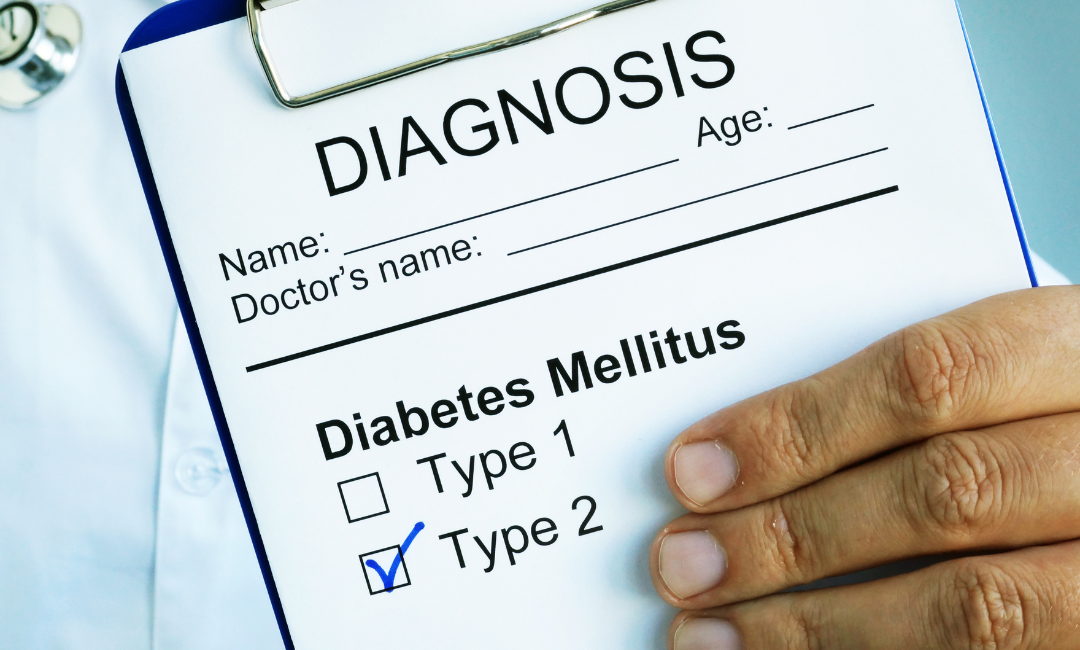Acetaminophen or paracetamol is a drug to produce analgesic and antipyretic effects. It is available over the counter without a doctor’s signed prescription. Acetaminophen is not an NSAID. It belongs to the para aminophenol derivatives.
Unlike salicylates, acetaminophen does not have anti-inflammatory properties, nor affect platelet function. However, it may potentiate the anticoagulant effects of Warfarin and increase INR (International normalized ratio).
The exact pain control effects of acetaminophen are unknown. In the central nervous system, it acts by inhibiting prostaglandin synthesis- chemicals that sensitize your nerves to pain.To reduce fever, it acts directly at the hypothalamus- the heat-regulating center in the brain.
Acetaminophen is used to relieve fever, headache, muscle aches, and general pain of all types. According to the American Arthritis Association, it is now useful in patients with some types of arthritis to relieve pain.
The benefit of Acetaminophen over NSAIDs and salicylates is that it does not cause adverse gastric effects. Therefore, the patient can take it for the long term, and those with gastric ulcers and acidity can tolerate it well.
Unlike salicylates, it is a drug of choice in children with fever or flu-like symptoms because it does not pose a risk for Reye’s syndrome.
There are several acetaminophen nursing considerations to bear in mind while administering and observatiion this type of drug therapy.








